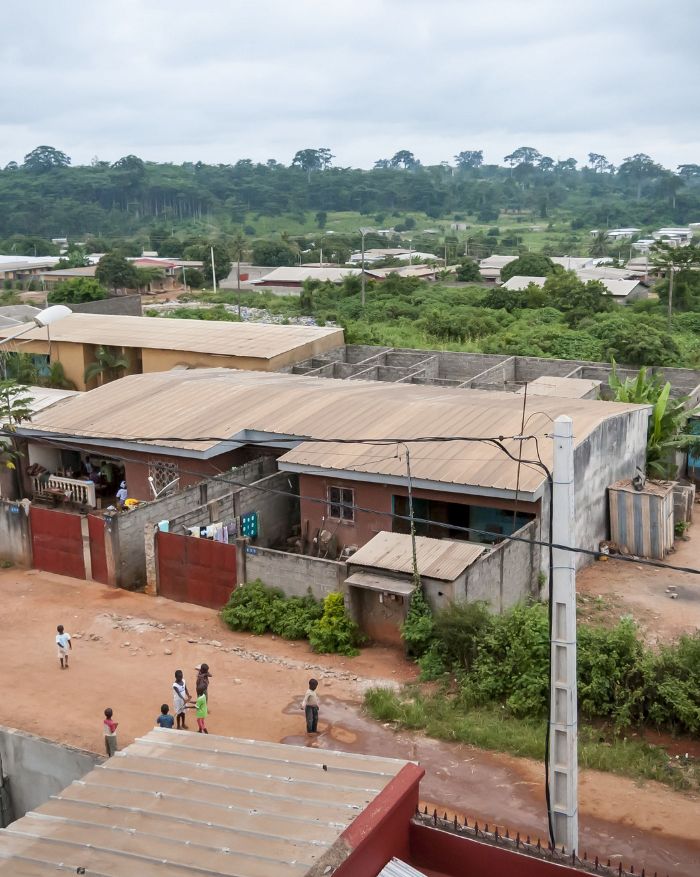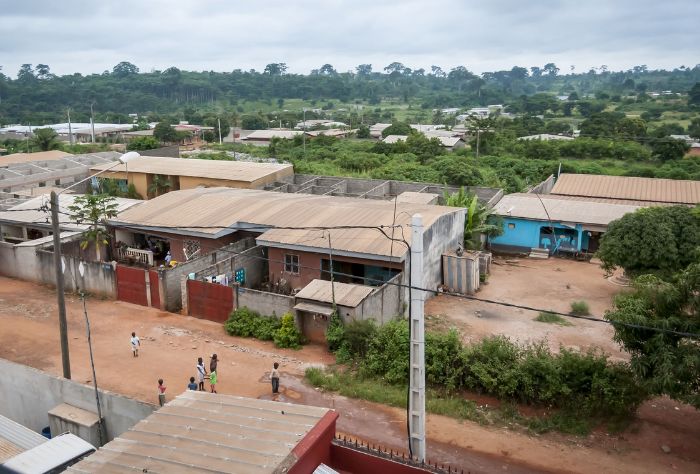Context
Aligned with the Sustainable Development Goals, particularly SDGs 7 and 13, the Ivorian Government initiated the National Rural Electrification Programme (PRONER) in 2013. This program aimed to foster decentralized electrification and renewable energy development, including solar, biomass, and small-scale hydropower.
In the pursuit of extending electricity access to rural communities in Ivory Coast, Nexans has undertaken a transformative project as part of the country’s Program. Despite significant progress in electrification over the past decade, with nearly 70% of the population gaining access to electricity, rural areas still face a substantial deficit, with over 60% remaining unconnected. In response, PRONER targeted grid expansion to connect all settlements with over 500 inhabitants by the end of 2021 and all rural communities by 2025. Nexans’ initiative aligns with the broader national goal of enhancing rural electrification by connecting settlements lacking power infrastructure.
Challenges
The challenges of rural electrification in Ivory Coast include the lack of suitable equipment and products, infrastructure limitations, and the logistical difficulties of reaching remote areas. Additionally, ensuring the sustainability and reliability of power supply in these regions is a significant challenge.
400 km
of aerial medium-voltage (MV) cables
430 km
of low-voltage (LV) aerial-bundled cables
50
communities electrified
63
outdoor transformers installed
Nexans implication
In 2021, Nexans has successfully brought electricity to 50 rural communities across Ivory Coast, involving the installation of 400 km of aerial medium-voltage (MV) cables, over 430 km of low-voltage (LV) aerial-bundled cables, and 63 outdoor transformers.
Nexans played a pivotal role in facilitating the electrification efforts by providing a turnkey solution under its NEOGRID® system. This comprehensive solution included engineering, supply, and installation of the entire power network, encompassing cables, transformers, poles, junction boxes, and circuit-breakers. Notably, Nexans’ local plant in Abidjan played a crucial role in supplying all critical equipment, thereby supporting local manufacturing and ensuring timely delivery of components.
At Nexans we have adopted a very practical approach to supporting Africa’s transition to a more connected and sustainable energy network. In Côte d’Ivoire this is based on two inter-related pillars. First, in 2018, we opened our new Abidjan plant to help address the lack of suitable equipment and products for electrification by enabling local production based on our international and standardized expertise. Now we have taken the next step by rolling out products from the plant as part of our turnkey solution to bring electricity to rural communities.
Former Marketing & Strategy Director for Building & Territories segment, Nexans
By leveraging its expertise and local resources, Nexans is not only advancing electrification efforts but also fostering socio-economic development and improving the quality of life for thousands of Ivorians.



